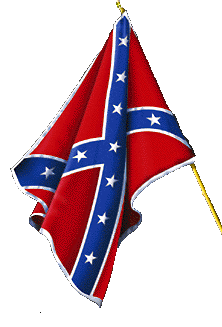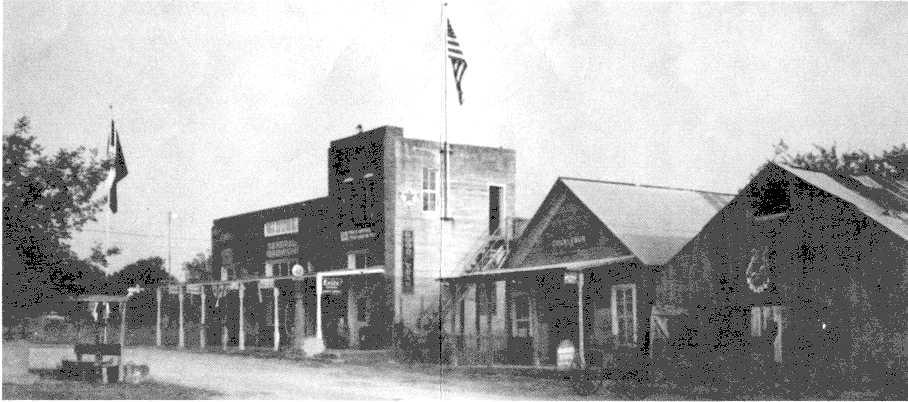
|

|
The ol Chaplain takes a break from the rigors of "Living History" by taking out his favorite pipe for a smoke.

|

|

|

|

|

|
Upon viewing my web page, you may be asking yourself just what is a CSA Army Chaplain; well I am here to tell you! I am a
"War Between the States" history buff, and occasionally I participate in the growing hobby of re-enacting. I also
attend and promote a number of Living History events throughout the Central Texas area.
Confederate States
Army Chaplains were primarily men from the ranks of the many religious congregations of the day, also there were men who having
religious convictions took up the cause to become Army Chaplains. Chaplains were for the most part educated men and often
were older than the average soldier. Due to their education they could read and write, a skill many of the soldiers of the
time did not possess. Chaplains held regular religious services and conducted baptisms, and otherwise tended to the mens spiritual
needs. Army Chaplains often were attached to field hospitals to act as attendants to the wounded, thus offering help in the
form of rudimentary nursing skills. This position naturally put them close at hand to help the men cope with the rigors of
battle. They often took notes from wounded and dying men in order to eventually provide their families with some sense of
their loved ones loss.
Chaplains often wrote loved ones at home regarding the tragic circumstances of their
sons death. Death was a frequent visitor at many a war camp and was not always in the form of a lead ball, cannon shot, or
by the slash of a saber, but instead were quite often from the many diseases of the day. Army Chaplains were asked to write
letters home by those soldiers who could not read or write, additionally they often were seen sorting and obtaining mail for
the men. Field commanders used Chaplains as couriers for the many field dispatches and communique needed during field service.
Chaplains were generally regarded as non combatants by the opposing forces and as a result usually enjoyed some degree of
protection for their elected service. This was not always the case however, as all men are made from flesh and blood, and
in the heat of battle, many a Chaplain being witness to the horrendous carnage all around, picked up the arms of their fallen
comrades and took the battle to the enemy.
If you would like to learn more about researching your Confederate ancestors contact me and I will get you started in
the right direction. Thank you for veiwing my page.
|

|

|

|

|

|
| Small Village of the "Grove" |

|
| My great grandfather settled near the Grove, a small Central Texas villiage ca. 1870, this from E. T |
My great grandfather left East Tennessee after the war, and settled near the small Central Texas
village of the "Grove", this circa 1870. He farmed in a small valley between two ridges, it was known then as it is today,
"Bottles" Hollow.
|

|

|
